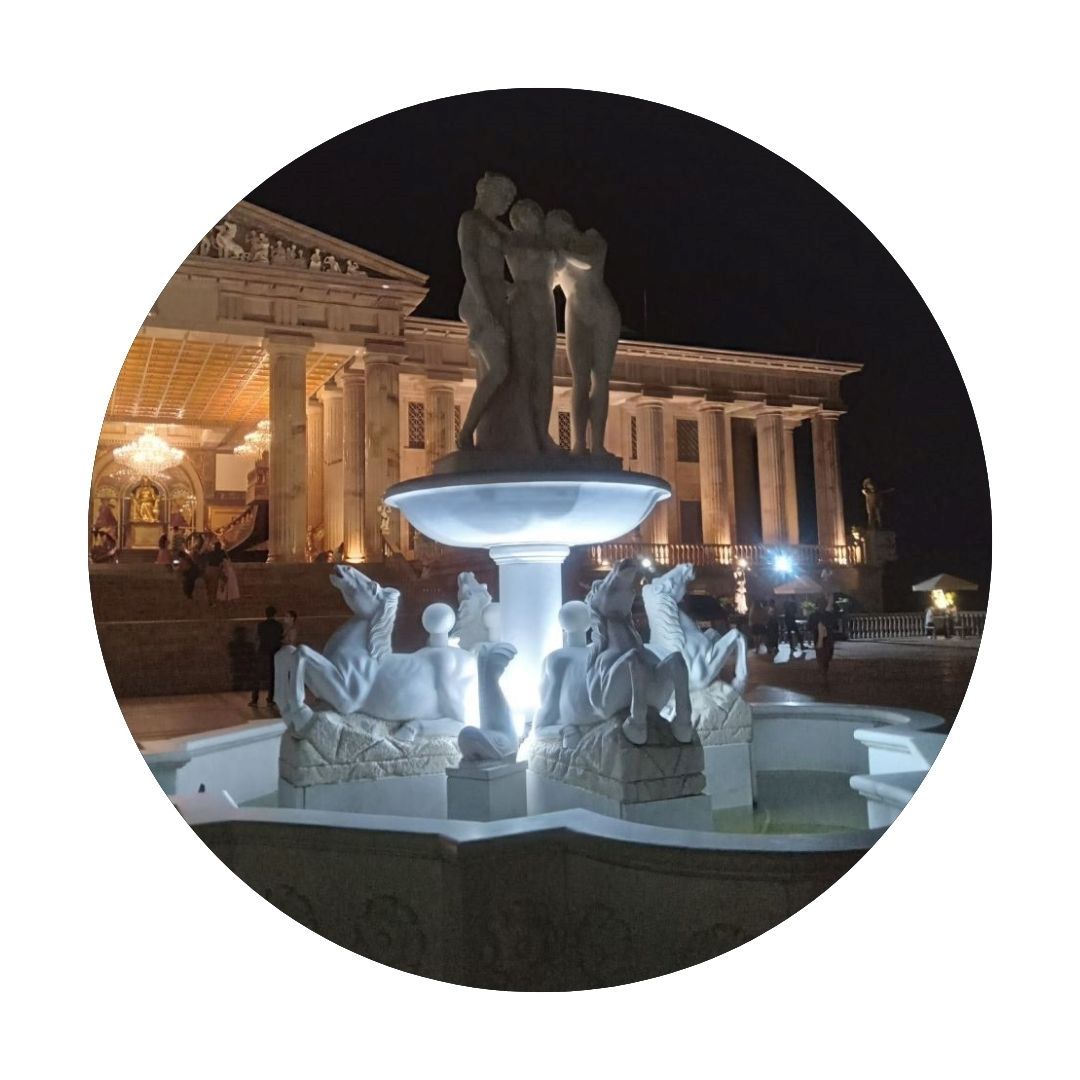TheLitPerspective is your one-stop shop for everything that ignites the spark of curiosity within you.
Resilience and Optimism Through Stoicism: Self-Control

Photo by Allan Mas
The ancient Greek philosophy of Stoicism has persisted for centuries because it is a very practical and applicable school of thought. Wherever and whenever you are, a healthy dose of Stoicism is always a good idea.
The principles of Stoicism are perennially helpful in navigating through the invariable and ever-unexpected tides of life.
The Stoic Perspective on Life
Basically, Stoicism is the view that the only aspect of existence that one can control is one’s reaction to things, i.e., external stimuli. The world can throw rocks at you, but it is ultimately you who decide how to respond.
For Stoics, life is akin to a drama being played out in front of you. You are merely a spectator and have no power to decide whether or not the play ends or continues. It goes on, as it were.
Stoicism understands this fact keenly. The philosophy understands that the externalities of the world, sensation, and experience, while important, are aspects of it that you cannot bend to your own will. Thus, what matters most is how you react to these situations and events.
How you engage is entirely within your power and no one else’s.

Photo by nappy
This is the core foundation of Stoic philosophy. To be a Stoic is to focus on what you can control and to let go of what you cannot.
Resilience and Optimism Through Stoicism
As such, bearing in mind that it is only what is within us that we can control to a definite degree, the practice of Stoicism is extremely beneficial to becoming resilient and optimistic.
By practicing self-control, you develop resilience and optimism through Stoicism.
Cultivating Stoic Resilience
What is resilience? Resilience is the capacity to get back up when you are knocked down. It is a cornerstone of becoming a true Stoic.
First, accept what you cannot change. It is futile, extremely so, to wallow in thoughts of what could be. These are beyond your control. You are not a god. What happens, happens, and there’s nothing else after that. By accepting that some things are simply inevitable, you free yourself from the confines of stress and anxiety. Think how freeing it is to just stop getting hung up over things.
When you stop looking at the world as something you can influence freely and accept its ebb and flow, you can focus more on other things that you know you can influence.

Photo by Gantas Vaičiulėnas
Second, embody virtue. What are virtues? Virtues are your guiding principles in life. This can be wisdom or courage, justice or temperance, or any other host of noble thoughts. With our virtue, we develop a moral compass, and it is through strict abidance that Stoics find purpose and meaning.
Thirdly, accept negativity. This is not to say that one should dwell in negativity, only that they should accept its existence. There is no use in avoiding what bad may come because what is bad can also be what is true. Through the act of vulnerability, a Stoic develops the mental fortitude necessary to overcome the deepest of life’s challenges.
Fostering Stoic Optimism
The belief that there is always something positive at the end of every interaction and event is optimism. Optimism is also very important to becoming a proper Stoic. Through optimism, one sees the nuances of the world and avoids looking at it through a destructive black-and-white lens.
Firstly, be grateful. Expressing gratitude is important for a Stoic because it shows that they are capable of feeling content. When you are content, you are able to be more optimistic about your experiences.
Second, be present. This does not merely mean being there when one is invited but being there in both body and mind. Know how to look at the world beyond what is transient and personal. Do not let yourself be anchored to the past, but don’t also allow yourself to be caught in the future.
Thirdly, be thoughtful. The key to optimism is simply to be mindful of everything and learn how everything, in the end, is all connected to one another. When you accept that you are simply one piece in a great mosaic, how can you not be happy?
Learning Resilience and Optimism Through Stoicism
Michael Pellegrino’s book CRISIS = Opportunity FINDING GROWTH and RESILIENCE in CHALLENGING TIMES is all about living life with resilience and optimism. Grab a copy of the book through the link!
Go through this link to learn more about different philosophies around the world.

Alex is a writer with two modes: simple and wild. He’s equally at home going either way. He always has something to say and something to offer, even if it’s only after a few minutes of furious googling. He loves reading and writing random stuff in his spare time.







